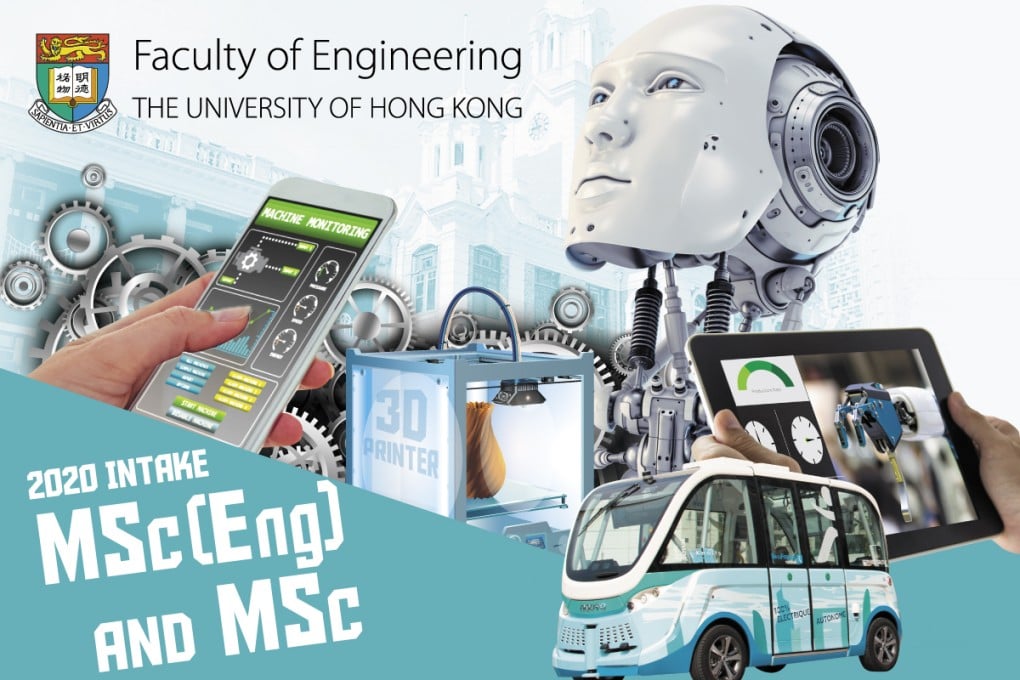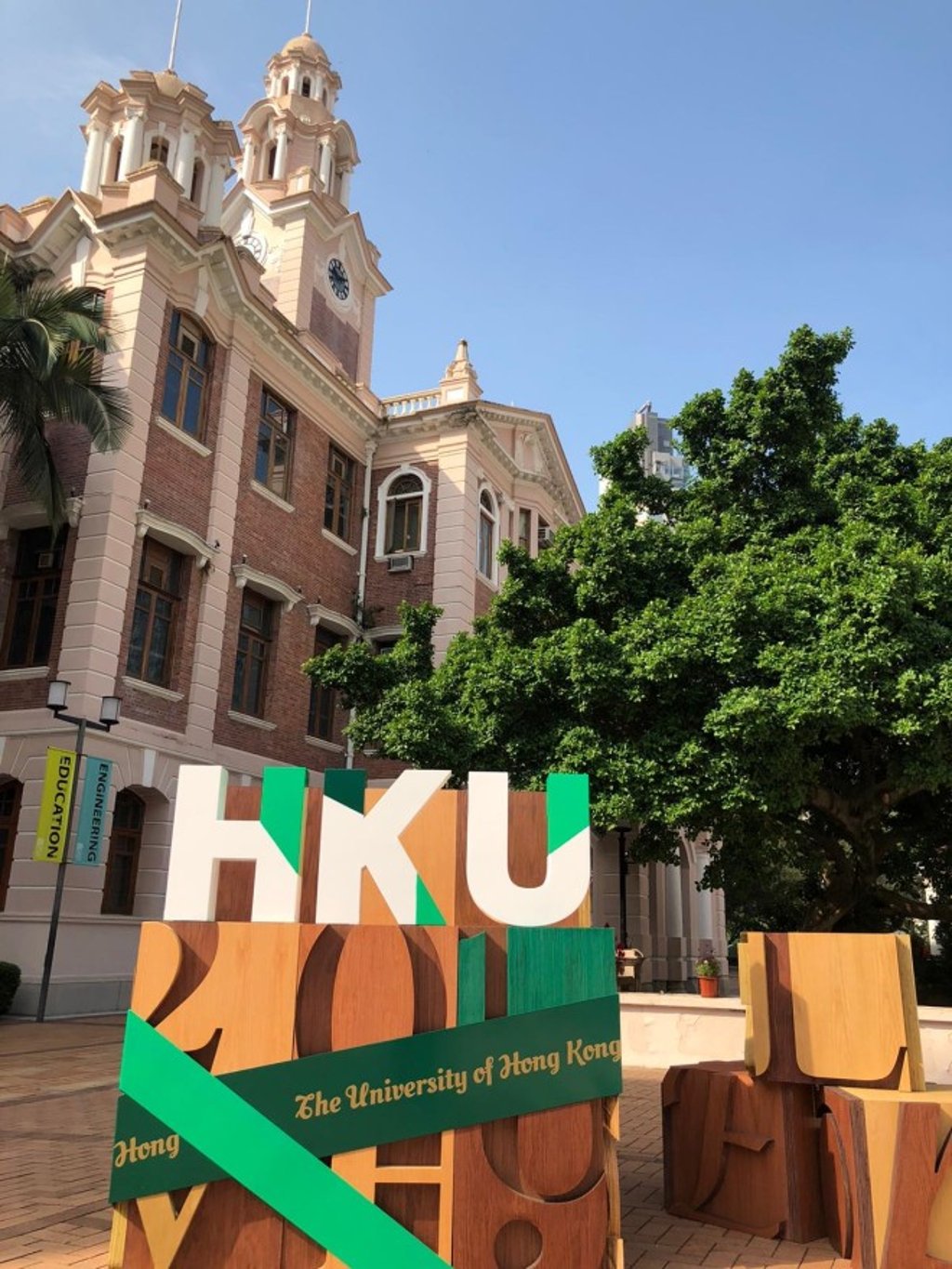HKU Faculty of Engineering – Master’s degree curricula - Engineering a greater future

[Sponsored Article]
The Faculty of Engineering is one of the two founding faculties of The University of Hong Kong when it was established in 1911. Being one of the largest comprehensive engineering faculties in Hong Kong, it encompasses most if not all disciplines of engineering. Its five departments focus respectively on civil engineering, electrical and electronic engineering, industrial and manufacturing systems engineering, mechanical engineering and computer science.
The faculty has been providing well-rounded curricula and high-quality engineering education in global knowledge-based economy at undergraduate and postgraduate levels, and making significant contributions to Hong Kong and the engineering community world-wide by training top-rated engineers. The Faculty of Engineering continues to attract the best students from Hong Kong and elsewhere to study a range of diverse curricula.
The faculty currently offers 12 master's degree curricula which are taught by high calibre HKU faculty, internationally renowned professors from prestigious overseas universities, leading industrialists and practitioners. These curricula place a strong emphasis on high-quality education and applied research knowledge of professional and practical importance. Being kept under close review, they are updated whenever appropriate.

Aiming at maximizing each student’s learning, “capstone experience”, in the form of project or dissertation, etc., is included in each curriculum. The student-driven capstone experience focuses on the integration and application of knowledge and skills that students have acquired throughout their studies.
At the beginning of the academic year, orientation programmes are offered to new students. In addition, career seminars and workshops are organized to introduce to students their career prospects. Recent graduates are also invited to share their experience. Besides, an academic adviser is appointed to each student. Discussions are not limited to academic matters, students can also seek advice on topics like career development if they need. The faculty also uses channels like staff-student consultative committees, course evaluations and student learning experience questionnaires to better understand student needs and expectations.
The faculty is now inviting applications for 2020/21 admissions.
List of master's degree curricula
Master of Science in Engineering in
- Building Services Engineering
- Electrical and Electronic Engineering
- Energy Engineering
- Environmental Engineering
- Geotechnical Engineering
- Industrial Engineering and Logistics Management
- Infrastructure Project Management
- Mechanical Engineering
- Structural Engineering
- Transportation Engineering
Master of Science in
- Computer Science
- Electronic Commerce and Internet Computing
Application Deadlines:
Round 1 (Main): December 31, 2019
Round 2 (Clearing): 12:00nn (GMT+8), April 15, 2020